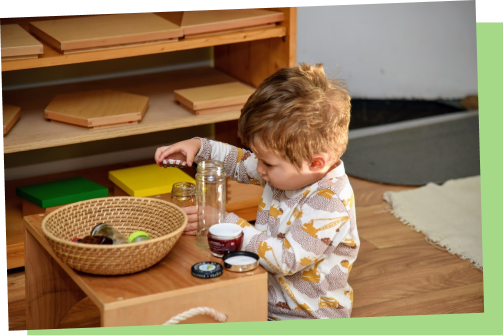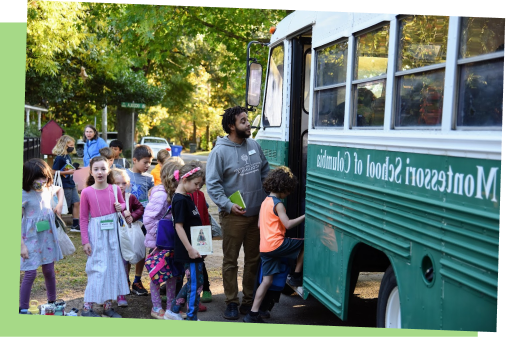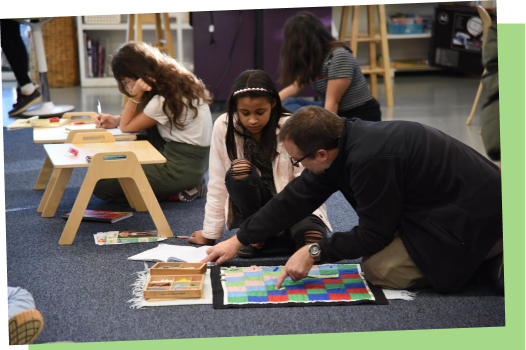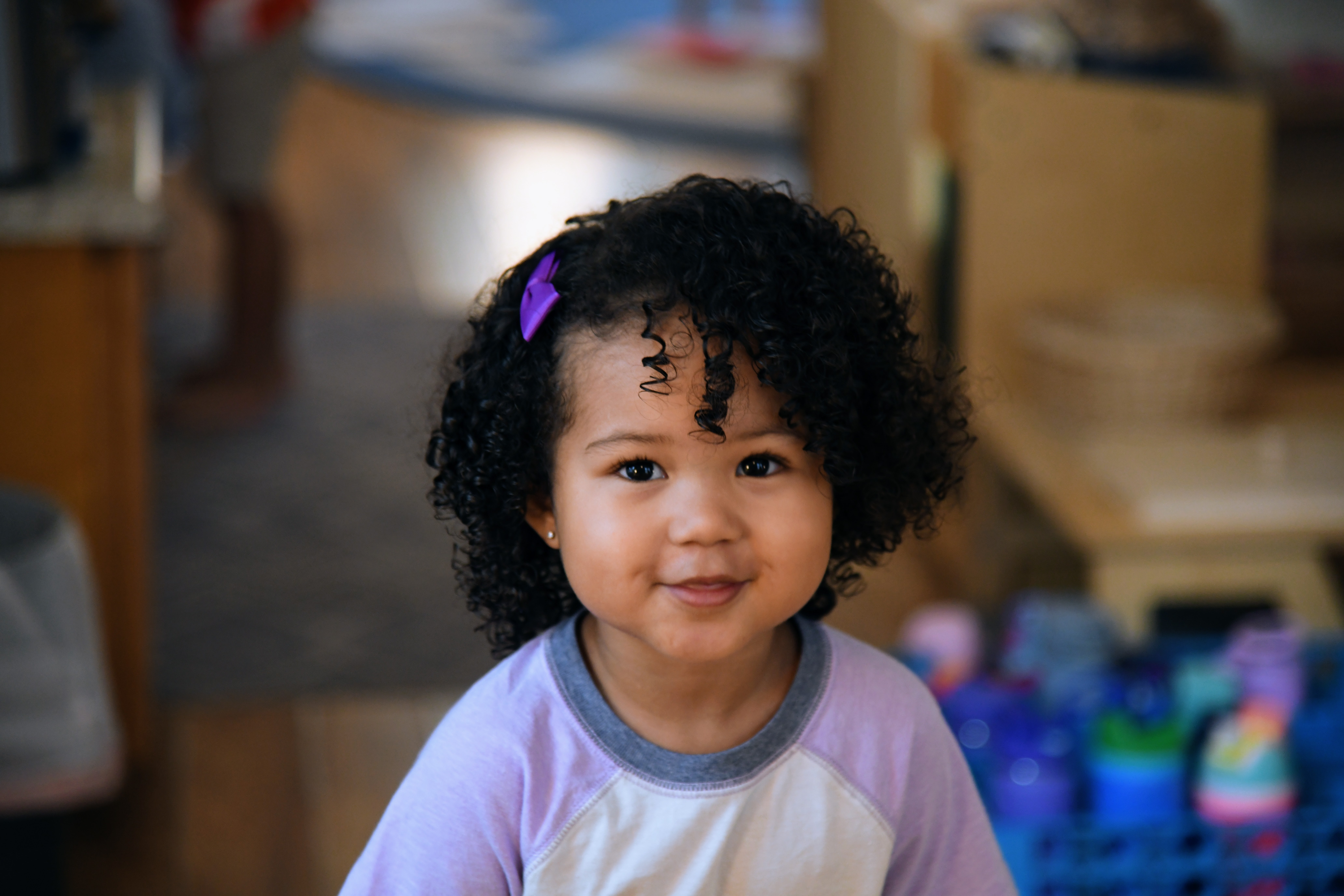“The task of educators is immense because human progress and world peace are in their hands”
- Maria Montessori
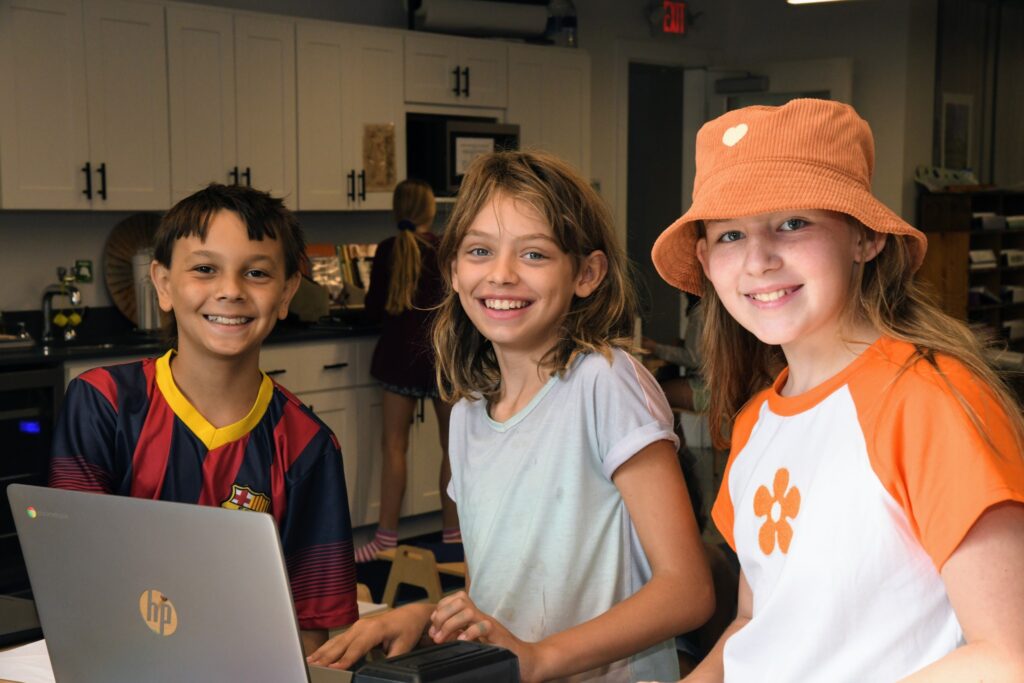
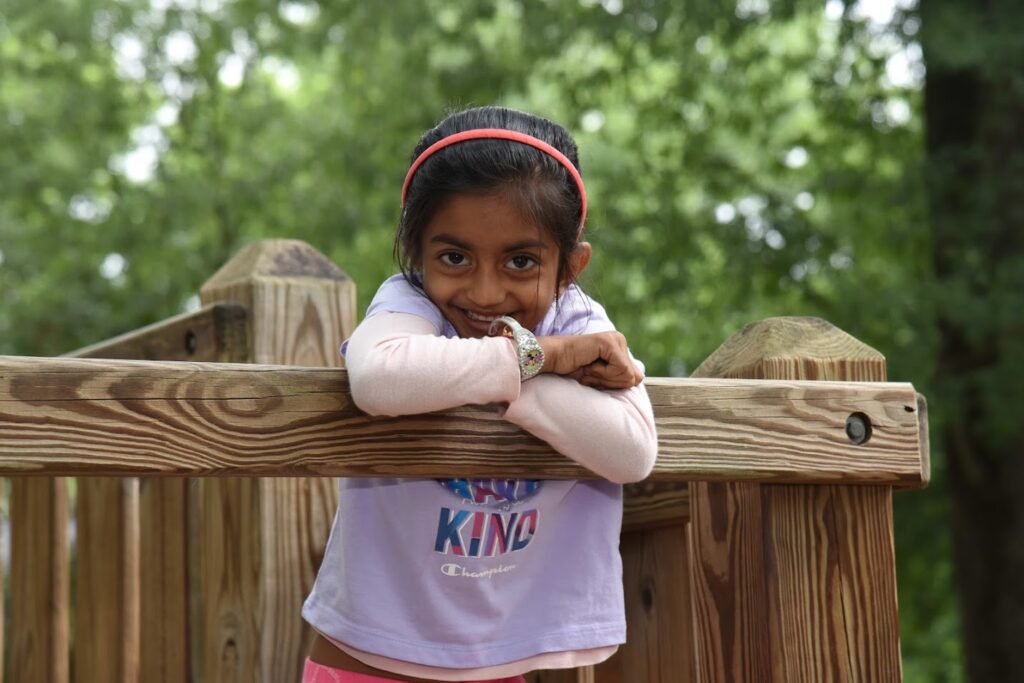
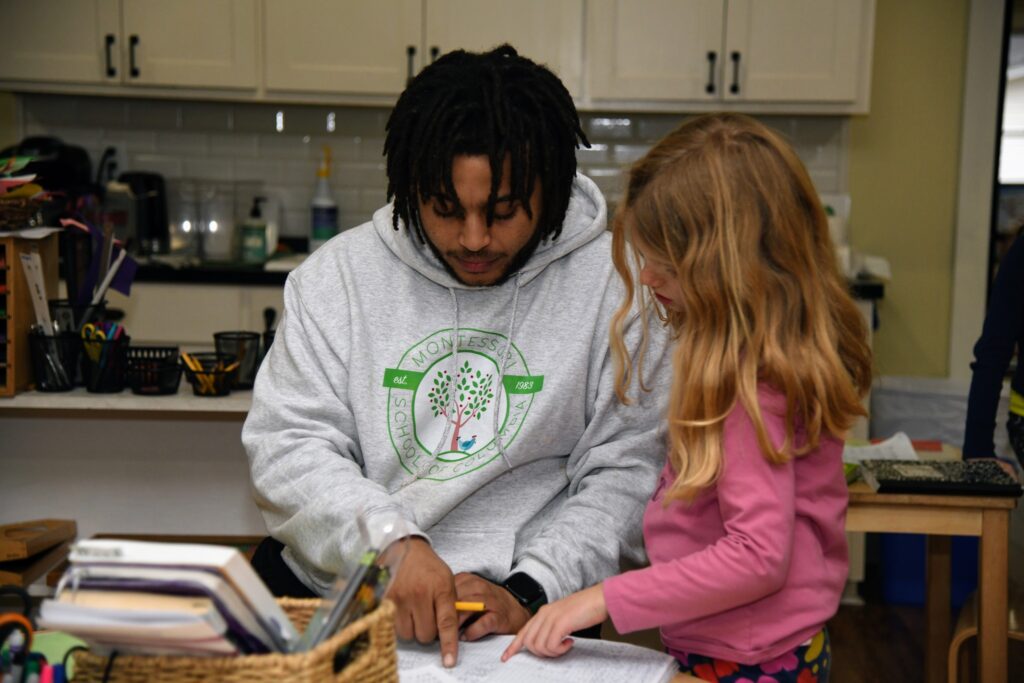


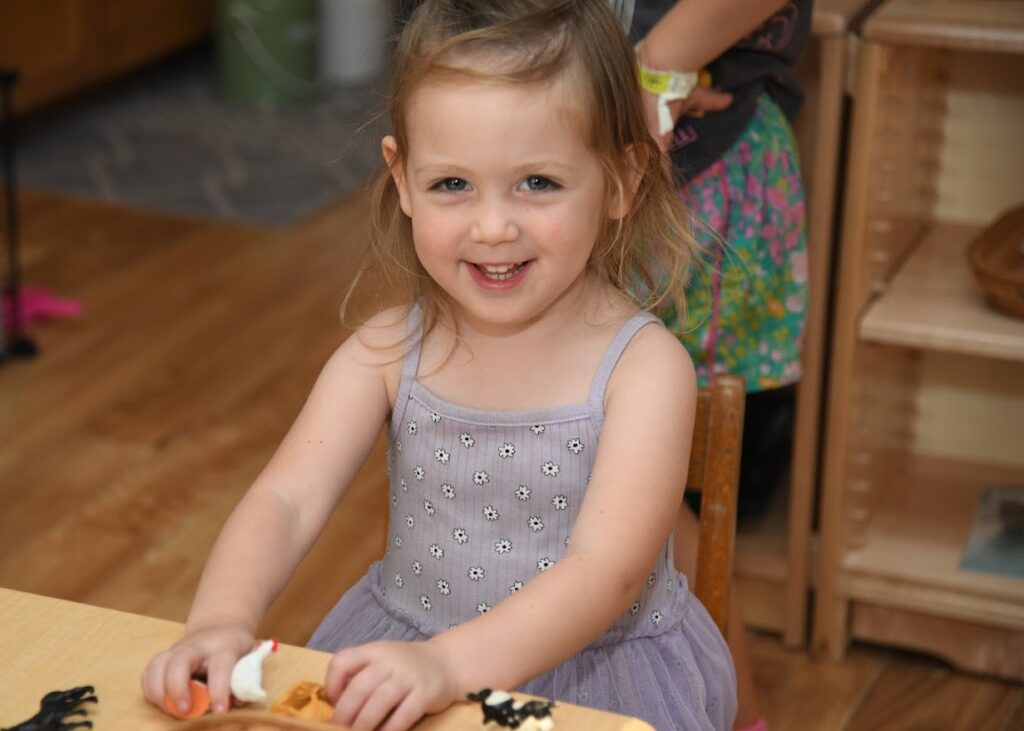


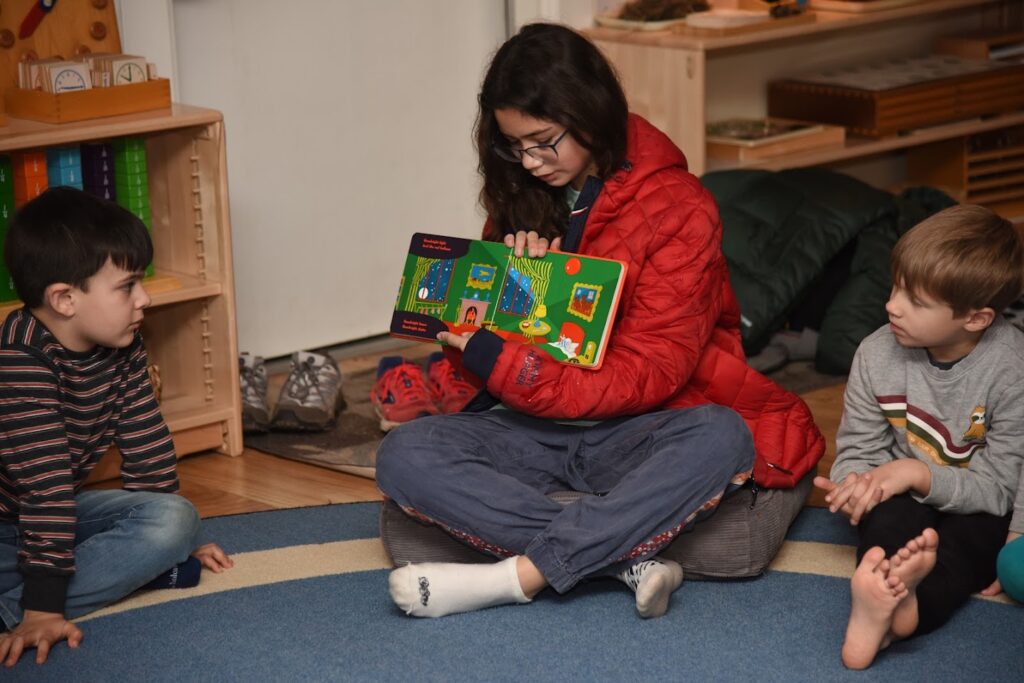
“The task of educators is immense because human progress and world peace are in their hands”
- Maria Montessori
Only Dual-Accredited School in South Carolina




Authentic
Montessori Education
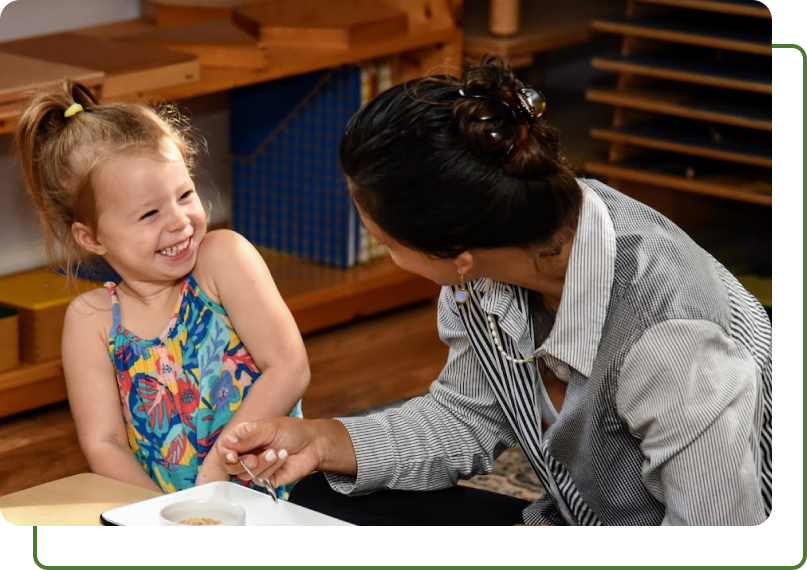
Child-Centered Programs
In the Montessori method, the child always comes first. The students will be responsible for conducting themselves through the learning process, as the teachers act mostly as careful and observant guides.





Unique Campus
Our spacious and dynamic campus is the perfect space for your child to get acquainted with key Montessori values and share valuable learning experiences. The MSC campus is comprised of seven buildings, two playgrounds, several gardens, a labyrinth, and a plethora of animal habitats including chicken coops and a koi pond.

Rosewood Neighborhood
Our campus is located in Rosewood, one of the most traditional residential districts in Columbia. The neighborhood is about three miles away from Columbia’s downtown, in an area full of parks and beautiful green sights. Our facilities are nestled between S. Maple and Howard Streets.

South Carolina Green Steps School
Green Steps is an environmental education and action initiative that recognizes schools in South Carolina who take annual sustainable steps toward becoming more environmentally responsible.
What Others Are Saying About MSC
“It has been gratifying to watch all four of our children independently chart their own academic and social growth at MSC. [They] have gone on to middle and high school, and we can see how their success has built on the foundation laid at MSC. While the school has grown, the important things remain: its high standards for teaching; passion for the Montessori method and its ideals; a community of engaged students, families and faculty.”
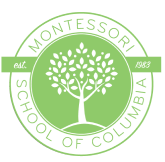
“Enrolling at MSC is the best decision we have made for our child. We have found a school that is creating lifelong learners and a community that feels like family! The focus on kindness and compassion in the classrooms allows our child to feel secure in asking questions, following his curiosity, and working independently. Since joining the elementary classroom, we have seen our child’s confidence bloom! He is gaining intrinsic motivation, time management skills, and organizational tools he needs to be successful well into his adult years. I could not imagine a better environment for children to thrive. “

“We have been members of the MSC community since enrolling our oldest in 3K in 2016. Since then we have enrolled 2 more children, and our oldest has transitioned to middle school. Needless to say, we love MSC for many reasons. First of all, the teachers and staff are awesome. They are kind and nurturing, always have good feedback at our teacher conferences, and the communication with parents is great. There is a strong emphasis on building community, and we have felt that from the beginning. Secondly, the facilities are really nice. The classrooms are like living rooms with lots of access to the outdoors. And, lastly the Montessori method of teaching fosters independence in children and sparks joy in learning. I believe it has given my children a wonderful foundation for lifelong learning.”

“The confidence I’ve seen within [my daughter] this year and her SEL growth have been astounding. Sure, it’s amazing to see her lettering and writing, it’s wonderful to hear her and all her math skills developing and her playing around with addition, it’s been SUPER fun to hear her piece together phonetics and start to sound out words and see her little eyes light up when she spells something or figures out how it is spelled! But more than anything – it’s been incredible to see her ability to focus improve, her manners and social queues grow, and to see her navigate social relationships so much better. “

“My family feels very fortunate to have placed our daughter at the Montessori School of Columbia. We’ve seen our daughter develop a unique and special bond with her teacher. She trusts and loves her teacher, and this enables her to feel safe to learn, explore, and develop in and outside of the classroom. I value the school’s emphasis on community and peaceful resolution. Their focus on independence and self-reliance has grown our 5-year-old into a confident, assertive person who is not timid or afraid in the world. An added, unexpected benefit of joining the school has been access to a network of like-minded parents who are caring and supportive of us: people who will be lifelong friends of our family. As someone who is not originally from here, being part of this community is invaluable.”

“The foundations of learning that the Montessori curriculum provided me have been instrumental in further education. From a very young age, Montessori has encouraged me to explore my interests and push myself to beyond typical classroom requirements. MSC has instilled an overall desire to learn more each and every day, as well as providing the groundwork for academic excellence in every subject area. I contribute many of the learning and studying strategies I use in University to those taught to me at MSC.”

“I thought I knew what I was signing up for when we chose MSC for our girls. What we actually got was so different from what I imagined but so good. No one child is created the same, and at MSC they are all treated with respect and dignity. Encouraging the growth of the whole child is a really wonderful aspect of participating in the MSC community. We are thankful for our season at MSC. We were unprepared for the learning they experienced– they really help foster the growth of the whole child. It was a joy not only to send my kids to a school where they could be uniquely themselves and learn at their own pace, but also to experience the other perspective of the school as a substitute teacher and see how much the teachers truly care about the children and their development.”

“As an MSC parent and a professional, I have a unique perspective in seeing students acquire a thirst for knowledge and a continued desire to grow. MSC provides an opportunity to foster curiosity and confidence in students from Primary through the Upper Elementary grades. As a parent, my investment in this program is now reflected in later years as our family prepares our former MSC student for secondary school.”

“There is absolutely no school that rivals MSC. The charming campus, the dedicated family of teachers— I leapt out of bed every day, eager to go to school. Eating carefully divided brownies during a lesson on fractions, initiating mock presidential debates on the playground as fifth graders, completing research projects in every grade…that kind of environment and encouragement of learning were incredible gifts given to my classmates and me during our time there.”

Add Your Heading Text Here


Frequently Asked Questions About Montessori
Dr. Montessori first developed her educational approach while working with a preschool population. She gradually extended her approach to children and youth of all ages. Today, some Montessori schools provide all levels of learning, from infant & toddler through the secondary (high school) level. Others offer only certain levels.
The benefits of Montessori, the emphasis on independent learning, for example, and the warm, supportive community, continue to be important at each stage of development as children grow into lifelong learners and responsible citizens of the world.
Dr. Montessori observed that children are more motivated to learn when working on something of their choosing. A Montessori student may choose their focus of learning on any given day, but their decision is limited by the materials and activities, in each area of the curriculum, that their teacher has prepared and presented to them.
Beginning at the elementary level, students typically set learning goals and create personal work plans under their teacher’s guidance.
Montessori schools teach the same basic skills as traditional schools and offer a rigorous academic program. Most of the subject areas are familiar, such as math, science, history, geography, and language, but they are presented through an integrated approach that brings separate strands of the curriculum together.
While studying a map of Africa, for example, students may explore the art, history, and inventions of several African nations. This may lead them to examine ancient Egypt, including hieroglyphs and their place in the history of writing. The study of the pyramids, of course, is a natural bridge to geometry.
Although students are free to work at their own pace, they’re not going it alone. The Montessori teacher closely observes each child and provides materials and activities that advance their learning by building on skills and knowledge already gained. This gentle guidance helps them master the challenge at hand, and protects them from moving on before he’s ready, which is what actually causes children to “fall behind.”
Dr. Montessori realized that children’s play is their work, their effort to master their own bodies and environment, and out of respect, she used the term “work” to describe all their classroom activities. Montessori students work hard, but they don’t experience it as drudgery; rather, it’s an expression of their natural curiosity and desire to learn.
Grades, like other external rewards, have a little lasting effect on a child’s efforts or achievements. The Montessori approach nurtures the motivation that comes from within, kindling the child’s natural desire to learn.
A self-motivated learner also learns to be self-sufficient, without needing reinforcement from outside. In the classroom, of course, the teacher is always available to provide students with guidance and support.
Although most Montessori teachers don’t assign grades, they closely observe each student’s progress and readiness to advance to new lessons. Most schools hold family conferences a few times a year so parents may see their child’s work and hear the teacher’s assessment, and perhaps even their child’s self-assessment.
An advantage of the Montessori approach, including multi-age classrooms with students of varying abilities and interests, is that it allows each child to work at her own pace. Students whose strengths and interests propel them to higher levels of learning can find intellectual challenges without being separated from their peers. The same is true for students who may need extra guidance and support: each can progress through the curriculum at their own comfortable pace, without feeling pressure to “catch up.”
We might note that from a Montessori perspective, every child is considered gifted, each in her way. Every child has their unique strengths, it is all a matter of degree.
There is a small but growing body of well-designed research comparing Montessori students to those in traditional schools. These suggest that in academic subjects, Montessori students perform as well as or better than their non-Montessori peers.
In one study, for example, children who had attended Montessori schools at the preschool and elementary levels earned higher scores in high school on standardized math and science tests. Another study found that the essays of 12-year-old Montessori students were more creative and used more complex sentence structures than those produced by the non-Montessori group.
The research also shows that Montessori students have greater social and behavioral skills. They demonstrate a greater sense of fairness and justice, for example, and are more likely to choose positive responses for dealing with social dilemmas.
By less stringent measures, too, Montessori students seem to do quite well. Most Montessori schools report that their students are typically accepted into the high schools and colleges of their choice. And many successful grads cite their years at Montessori when reflecting on important influences in their life.


